Post-Secondary Retreat
By Cynthia Duran
Going from high school to college is no easy feat for the average teen. Students go from being told what to do every step of the way, especially in school, to almost total freedom. All of a sudden, students get to pick what classes they want, when and if they go to those classes, and what to do while they are in those classes, and while it can be incredibly exciting to not have to ask for permission to use the restroom or eat during class, if student don’t know how to navigate their time inside and outside the college classroom, they are bound to fail. This failure is even more likely when students come from first-generation households where parents and older relatives may not know how to support a student.
In order to minimize failure and maximize success with our rising college students, every summer, we transition Future Grads high school students to the post-secondary part of our program by inviting them to Post-Secondary Retreat. This is a one week intensive program where students go through a series of workshops to learn skills and resources to better handle the independence that comes with college.
The first day of Post-Secondary Retreat, we invite caregivers to a meeting where we explain the transition students experience going from high school to post-secondary, and how they, as caregivers, can support their first-generation college students.
The next day and first day with students, the topic was social emotional learning. Students learned about culture shock and imposter syndrome. Our very own Mental Health Director, Daniela, came in to let students know all about healthy communication, such as establishing healthy boundaries since for many of them, this is the first time they constantly have to do it with friends and family. Finally, we reviewed some tips and tricks for how to navigate safety issues that may arise in college.
The third day was all about academics and on campus resources. Students learned study techniques for different types of classes. Additionally, they practiced using a few organizational systems to keep track of all their classes and assignments. Then, we broke students out into smaller groups to do a college scavenger hunt of the campus they will attend in the Fall. For example, De Anza college students identified resources with other De Anza students. In this scavenger hunt, we also had them identify many of the new college terms not used in high school.
The fourth day students reviewed finances, careers, and networking. Students went through a financial literacy workshop which showed them how to best handle finances in college. Then, they got a career workshop to learn how to use their time in college to build up their professional development. Finally, students got to ask young professionals and older college students all the questions they had in a panel which was then followed by a networking social.
On our last day, students were told more about next steps, like upcoming timelines for events, check ins, and office hours as well as how to ask for support. We wrapped up the day by playing a few fun games to close out and celebrate the week.
Throughout the week, students reported on how much they had learned and how much more prepared and excited they felt. While we know it won’t always be smooth sailing, we feel glad to know that we provided many tools and vast knowledge students need when they hit the ground running.

